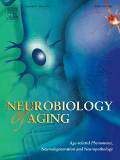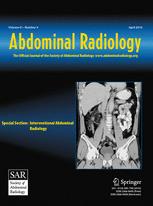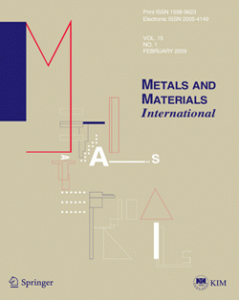
We’ve found four more retractions for an erstwhile accounting professor, bringing his total to 37.
The latest retractions follow a 2014 investigation into the work of James E. Hunton by his former employer, Bentley University in Massachusetts, which found him guilty of misconduct, resulting in more than two dozen retractions. Here’s the list of retractions released by the American Accounting Association.
Here is the retraction notice, which is similar for all the newly retracted papers:
Continue reading Former accounting prof adds 4 more retractions, bringing total to 37
 Four different journals have pulled papers from the same authors due to alleged duplication or manipulation of images.
Four different journals have pulled papers from the same authors due to alleged duplication or manipulation of images. We’ve found another retraction for
We’ve found another retraction for 





